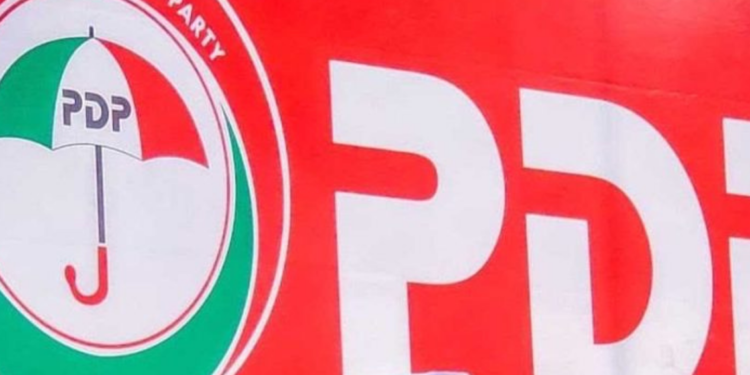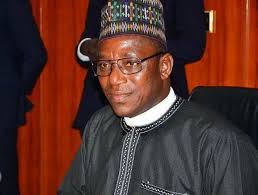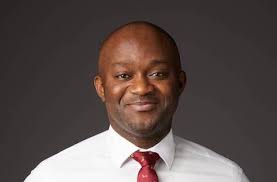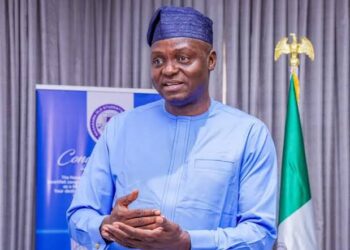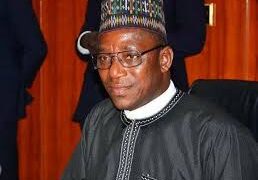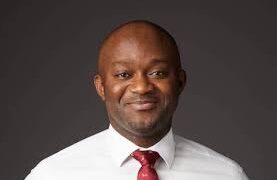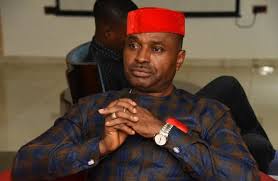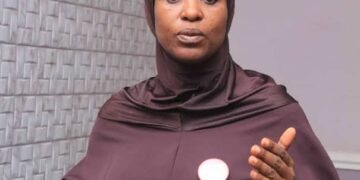A High Court in Doma, the administrative center of Doma Local Government Area in Nasarawa State, has extended its order that prohibits the Peoples Democratic Party (PDP) from conducting its congresses in the state.
This decision has significant implications for the party’s internal activities as it prepares for future elections.
The initial restraining order was issued on September 27, 2024, in response to a motion filed by 16 members of the PDP, led by Senator Mohammed Ogoshi-Onawo, representing Nasarawa South.
The plaintiffs argued that conducting the congresses under the current circumstances would violate party rules and potentially disenfranchise members.
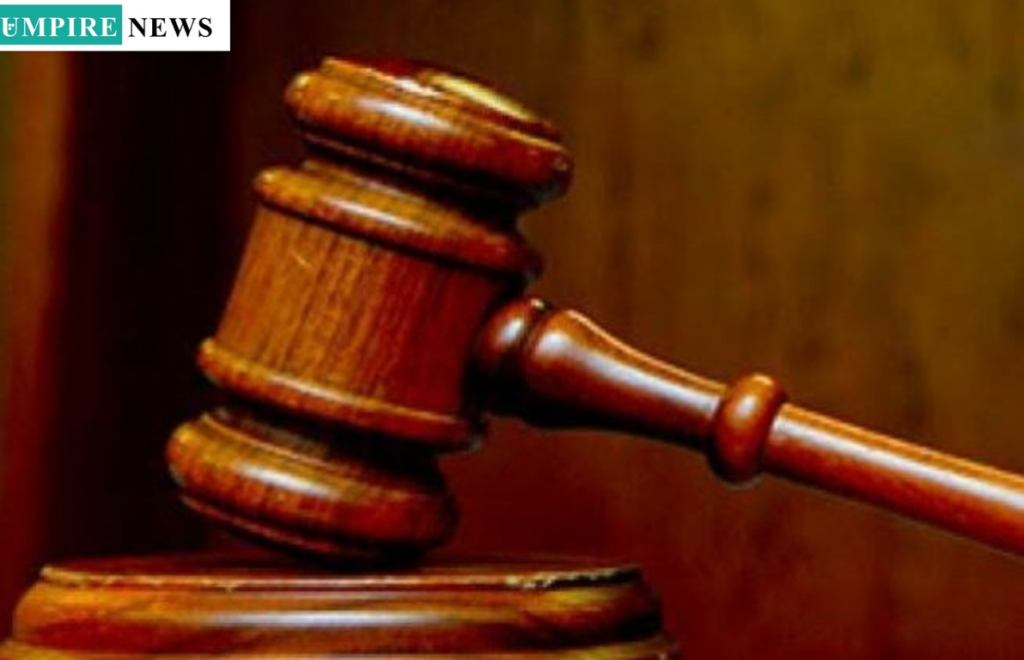
In this legal action, the PDP is named as the first respondent, with Mr. Francis Orogu, the PDP chairman in Nasarawa State, as the second respondent, and the State Working Committee as the third.
The plaintiffs contend that the leadership within the party has not adhered to proper protocols and that the congresses could lead to further division and unrest within the party ranks.
During the hearing, which took place on Thursday, Justice Abdullahi Shams-Shammah listened to arguments from both the plaintiffs’ and respondents’ legal representatives.
The atmosphere in the courtroom was charged, reflecting the deep divisions within the party and the stakes involved.
Justice Shams-Shammah ultimately decided to extend the restraining order, emphasizing the need for stability and adherence to legal processes as the case unfolds. The judge scheduled the next hearing for Tuesday, October 8, 2024.
The plaintiffs’ counsel, Ishaka Mudi-Diko (SAN), had previously requested an extension of the restraining order to preserve the current situation until the court reached a final decision.
He argued that lifting the ban would exacerbate existing tensions and could lead to further disputes among party members.
The ongoing legal battle highlights the challenges faced by the PDP in Nasarawa State, where internal conflicts have been escalating.
This situation mirrors broader issues within the party on a national level, where factions often clash over leadership and strategic direction.
Observers note that the outcome of this case could have significant ramifications not only for the PDP in Nasarawa but also for its overall political landscape in Nigeria.
Political analysts suggest that if the court ultimately rules in favor of the plaintiffs, it could trigger a shake-up in the party’s leadership structure, forcing a reevaluation of its governance and operational strategies.
Conversely, a ruling in favor of the respondents may reinforce the current leadership but could also lead to dissent among party members who feel marginalized.
As the date for the next hearing approaches, all eyes are on the Doma High Court.
The decisions made here could set important precedents for how political parties operate within the legal framework of Nigeria, influencing future congresses and elections across the nation.


